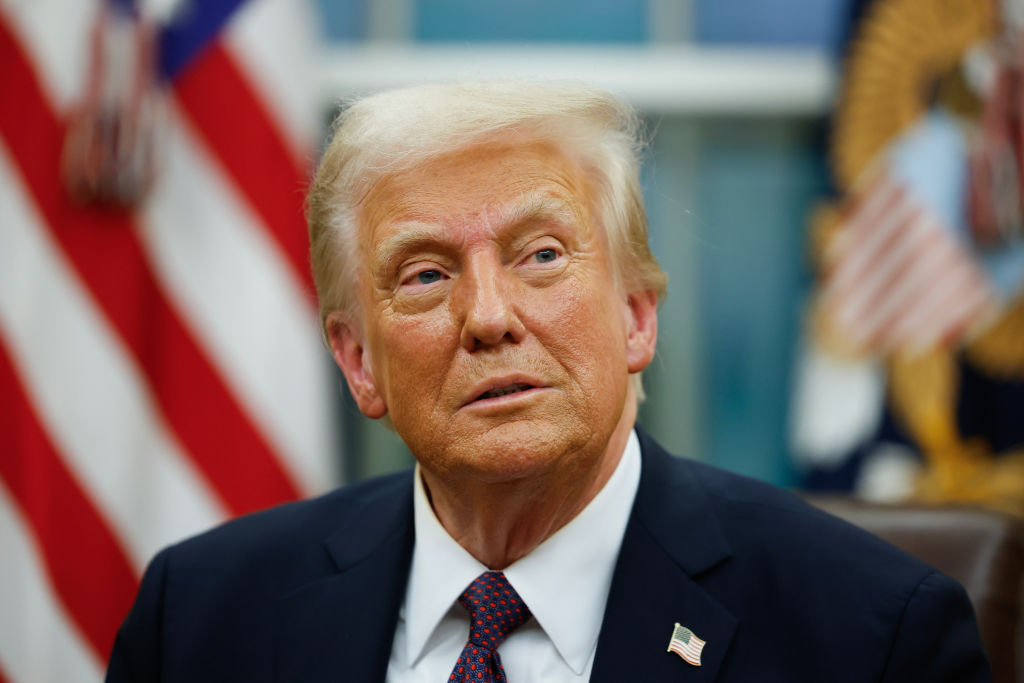US President Donald Trump issued a stern warning to BRICS nations on Monday, declaring that countries in the group would face 100 percent tariffs on trade with the US if they continue their push for de-dollarization.
Speaking during a signing ceremony at the Oval Office, Trump made it clear that any attempt by BRICS nations to reduce the use of the US dollar in global trade would be met with harsh consequences. “As a BRICS nation… they’ll have a 100 percent tariff if they so much as even think about doing what they thought, and therefore they’ll give it up immediately,” Trump said.
The president emphasized that his statement should not be perceived as a mere threat, but as a firm position on the matter.
Trump also referenced comments made by former President Joe Biden, which suggested that the US was in a vulnerable position regarding this issue. Trump strongly disagreed with this assessment, asserting that the US holds significant leverage over the BRICS nations and that they would ultimately back down. “If the BRICS nations want to do that, that’s OK, but we’re going to put at least a 100 percent tariff on the business they do with the United States… It’s not even a threat. In fact, since I made that statement, Biden said, they have us over a barrel. I said, No, we have them over a barrel. And there’s no way they’re going to be able to do that,” he added.
Trump had previously warned BRICS countries, during his time as president-elect, that any move to launch a new currency would be met with 100 percent tariffs on imports from these nations.
The BRICS bloc, comprising Brazil, Russia, India, China, and South Africa, has been actively working on reducing the dominance of the US dollar in the global financial system. In 2023, Russian President Vladimir Putin, speaking at the 15th BRICS Summit, called for de-dollarization and stressed the need to expand settlements in national currencies while strengthening cooperation between member countries’ banks.
In June 2024, the BRICS foreign ministers met in Russia’s Nizhny Novgorod and reiterated their commitment to increasing the use of local currencies in trade and financial transactions between member states.
(Inputs from ANI)














